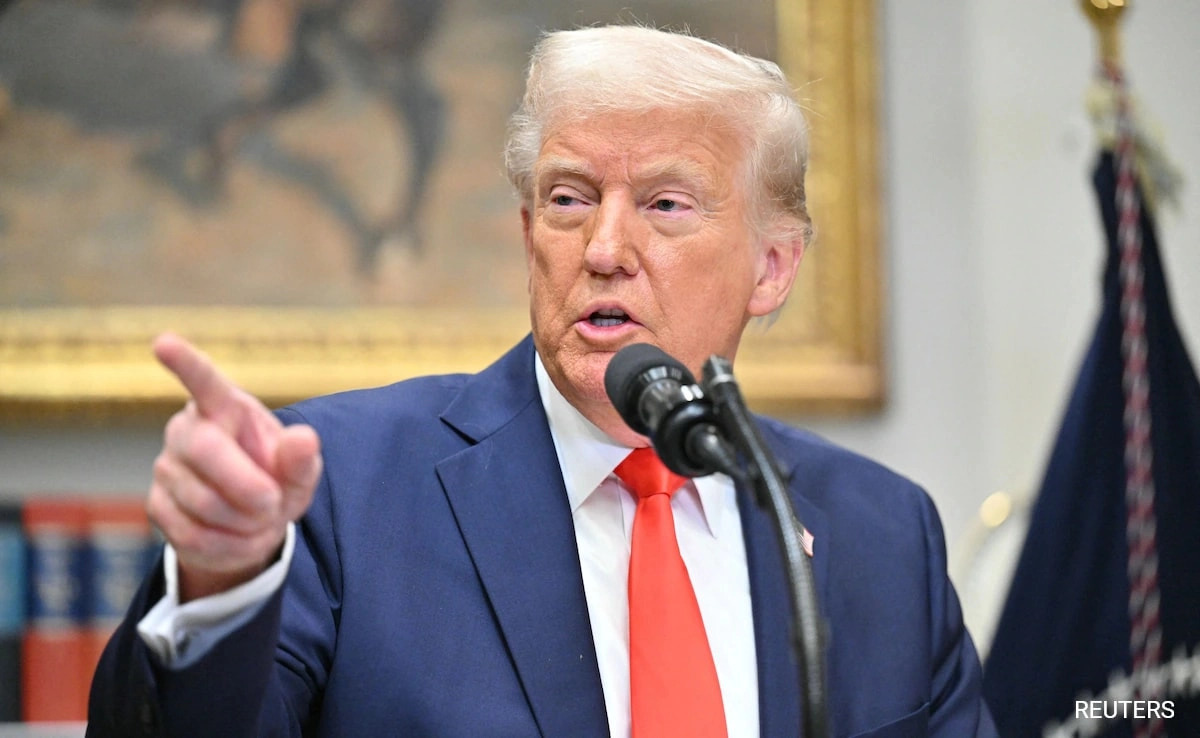In the ever-evolving landscape of American politics, the recent week in ‘Trumpworld’ has been marked by a series of intriguing developments that have captured national attention. One of the most notable events was the extensive speech delivered by former President Donald Trump, which lasted an astonishing 25 hours. This marathon address not only showcased Trump’s characteristic flair for dramatic rhetoric but also underscored his unyielding commitment to his political narrative. During this lengthy discourse, he covered a wide range of topics, from immigration policies to economic reforms, all while reiterating his critiques of the current administration. Such a prolonged engagement speaks to his desire to maintain relevance in a political climate that is constantly shifting and evolving.
Simultaneously, the issue of penguin tariffs emerged as a surprising focal point in discussions surrounding international trade. These tariffs, which have sparked debate among economists and environmentalists alike, were proposed as a measure to protect certain industries while simultaneously addressing concerns about wildlife conservation. Trump’s administration has often been criticized for prioritizing economic gains over environmental considerations, and this latest proposal adds another layer of complexity to the ongoing discourse about trade policies and their implications for both the economy and the environment. The juxtaposition of such a peculiar topic alongside serious economic issues reflects the unpredictable nature of Trump’s political strategies.
Additionally, the concept of golden visas has resurfaced in discussions related to immigration reform, stirring up a renewed dialogue on how the United States approaches foreign investment and residency. Golden visas, which allow wealthy individuals to obtain residency in exchange for significant investments, have been a controversial topic, often criticized for prioritizing the affluent over more traditional paths to citizenship. Trump’s supporters argue that such measures can stimulate economic growth, while detractors contend that they exacerbate inequality and undermine the integrity of immigration systems. This complex interplay of economic incentives and ethical considerations highlights the ongoing challenges in formulating a cohesive immigration policy that balances national interests with humanitarian obligations.
As these events unfolded, they collectively painted a portrait of a political landscape that remains deeply divided and contentious. Trump’s ability to dominate the conversation, even through unconventional means such as a 25-hour speech, showcases his enduring influence over his base and the broader Republican Party. With the midterm elections looming, the stakes are high, and the implications of these various issues will likely resonate as candidates position themselves for the upcoming contests. In a week filled with seemingly disparate topics, the underlying currents of economic policy, environmental responsibility, and immigration reform reveal the complexities of governance in a polarized society, ultimately reflecting the challenges that lie ahead for American political discourse.




